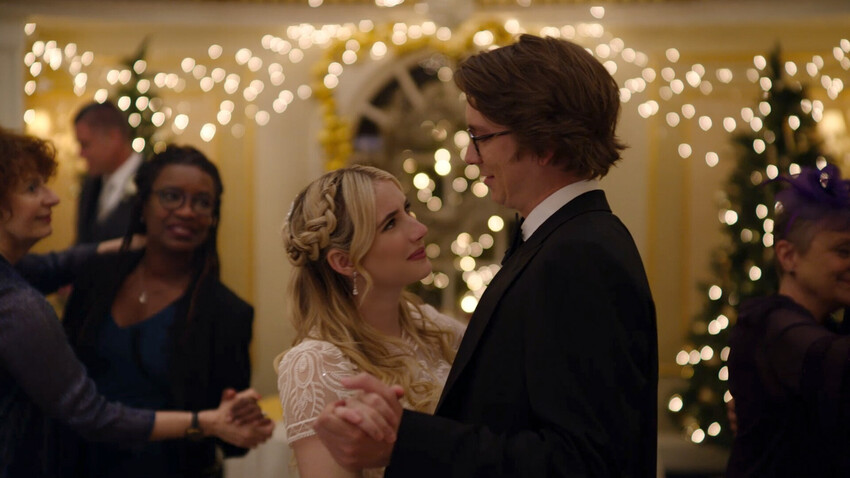
Film director Eldar Ryazanov's Soviet hit “The Irony of Fate, or Enjoy Your Bath!” (1975) remains phenomenally popular, and watching it on New Year's Eve is an integral part of the holiday ritual for people in post-Soviet times.
Here are five aspects of the American version, which was made in 2022, that annoy any fan of the original film.
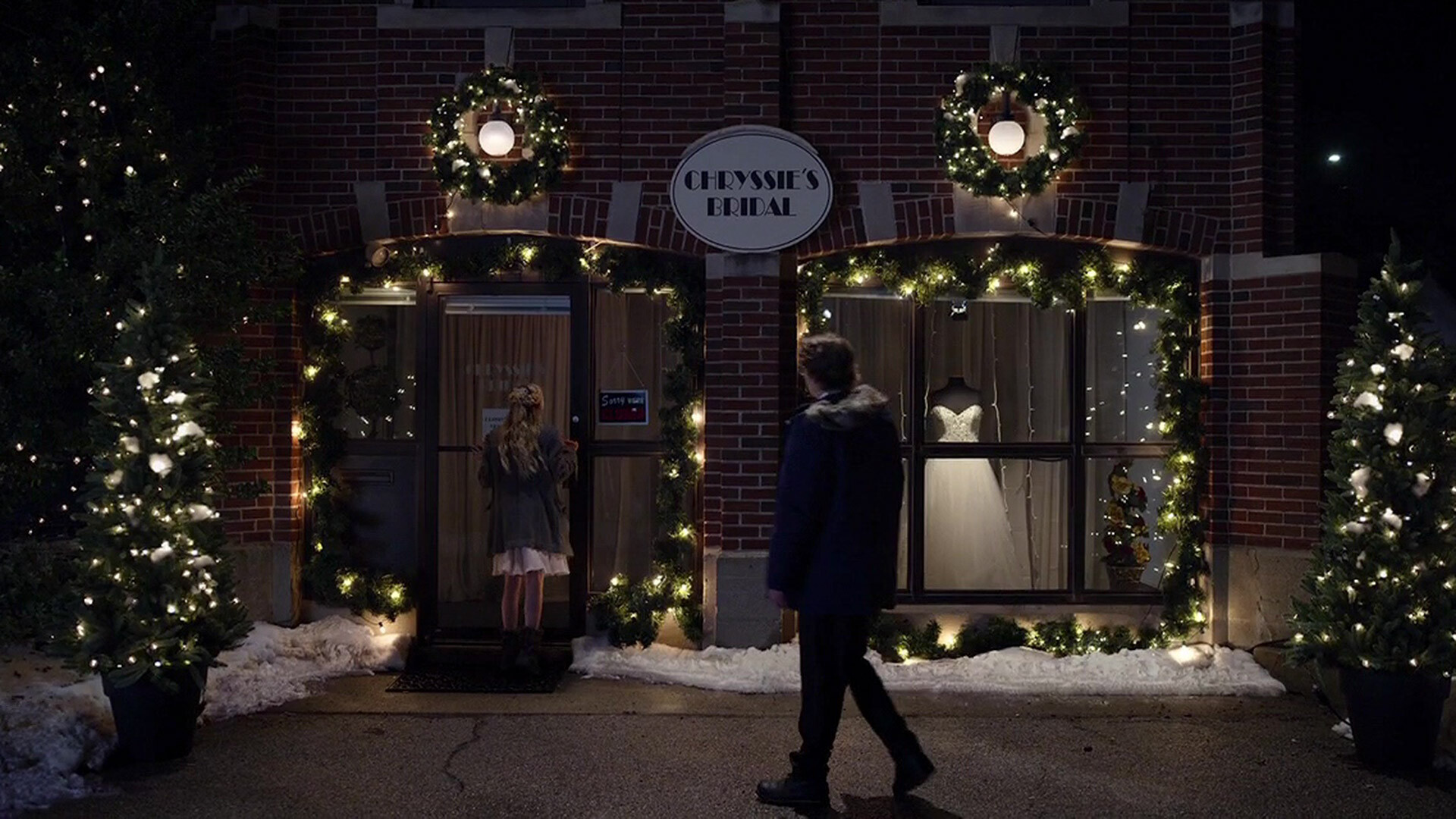
Both films play on the bland uniformity of residential architecture in the modern era. In the USSR, multi-story apartment blocks were built in different cities and towns according to the same exact design, and even the streets were identically named. In the Soviet version, the story begins in Moscow. The main protagonist Zhenya Lukashin, played by Andrei Myagkov, follows his usual tradition of meeting his friends in a banya (bathhouse) on New Year's Eve. This time, however, their revelry becomes a bit too merry, and they drink themselves into a semi-conscious state. Zhenya ends up flying to Leningrad in place of one his friends and is completely oblivious to his mistake. He takes a taxi to what he thinks is "his" address, opens the door with his key (the locks are also identical), goes straight to bed and falls fast asleep. Finally, the real owner of the apartment, Nadya (Barbara Brylska) wakes him up. She is not at all pleased to find an uninvited guest, but, after spending New Year's Night talking, they fall in love.
The American version features both a bathhouse on New Year's Eve, and an extreme degree of intoxication leading to a fortunate error. Griffin (Thomas Mann) and Margot (Emma Roberts) live in identical townhouses in a Boston suburb, but they would probably never have met had it not been for drunken friends putting Griffin in a cab and giving the driver the wrong address. The misunderstanding, however, lacks the crucial subtext that characterizes Ryazanov's film.
“The Irony of Fate” was a film about the loneliness of two people who feel imprisoned in dull lives that have been mapped out for years ahead - their lives are as uniform and bland as the mass-built apartment blocks. To Zhenya, the annual meeting with friends in the banya is one of the few places where he can be himself. And it's logical that this is where the "glitch" in his life plan occurs, giving him a chance to start a new life with the right person. However, in the American remake the banya mistake is just a gag - and nothing more.

The surgeon Zhenya and the teacher Nadya are young, but not youthful. They are about 30 something and, according to the unwritten but ironclad rules of Soviet society, it is time for them to start a family. Both have perfectly passable and socially suitable partners, of whom their parents approve, but there is no love or real intimacy. This New Year's Night proves that both Zhenya and Nadya are more complex, more bold and more interesting than either of them had previously believed. In other words, Ryazanov made a film about intelligent and sensitive people who have difficulty finding a suitable partner in the big city.
The broad outlines of the American film appear the same. The lawyer Griffin and realtor Margot make an initial mistake in their choice of partners, but they meet and fall in love before it’s too late. The storyline, however, does not hint at their existential loneliness. Even the unofficial Indian remake of “Irony of Fate - “I Love New Year” (2013) - was more faithful to the original in this sense. The main characters in that film are expat Indians in the U.S. who have been unable to integrate into their new country.
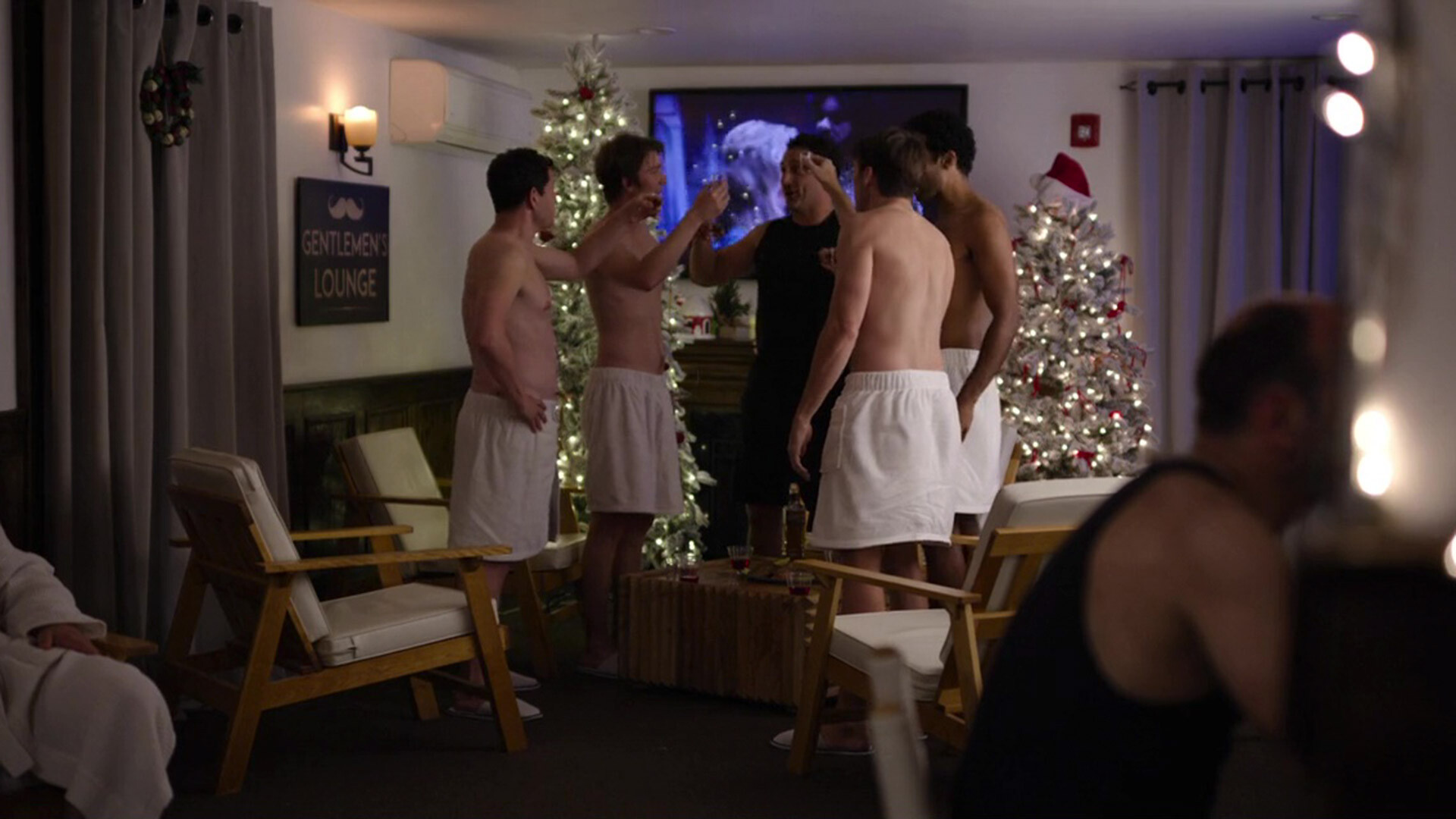
The screenplay of “About Fate” was based on a play by Ryazanov and his creative partner and co-author Emil Braginsky. The play had a successful run in many Russian drama theaters, and a certain 'theatricality' carries over into the film - practically all the events take place within the setting of a single apartment, in the "here and now". We can observe emotions seamlessly evolving - anger and irritation gradually give way to attraction. The American version broadens the plot, and also expands the line-up of supporting characters, adding new ones. But the innovations hardly serve a useful purpose. After Griffin wakes up in Margot's apartment, the connection with the original effectively ends, and a sequence of romantic comedy clichés begins. In essence, many Russians are annoyed by the fact that “About Fate” isn't a remake of the film, but rather, it’s another film version of the play.
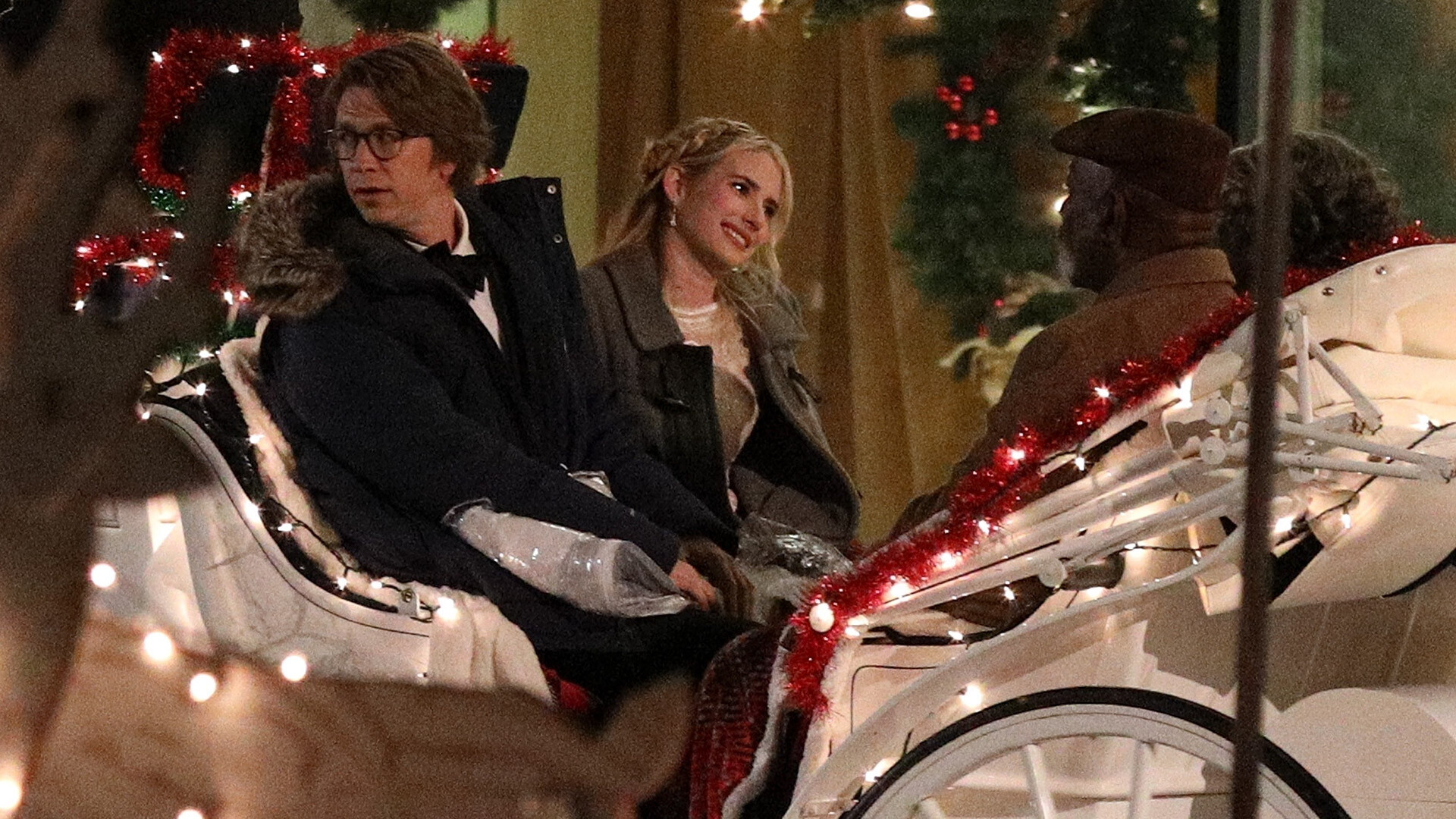
Ryazanov's film is in large measure a comedy of verbal cut and thrust, and it derives a particular charm and lyricism from the songs, which remain hits to this day. “About Fate” has much more purely physical humor and many more tired clichés. Griffin accidentally spills some coffee on his trousers, and several times has to put up with his colleagues joking that he wet his pants. The attempts to poke fun at contemporary issues are also dull, lacking creativity and nuance. For example, Griffin's girlfriend is an influencer, and she naturally proves to be a superficial individual willing to do anything for the sake of viral impact. The effort at overt emotional manipulation is also irritating - the idea of ‘true love’ is personified in the film by a saccharine elderly couple who pop up several times and who in the end effectively bring Griffin and Margot together.
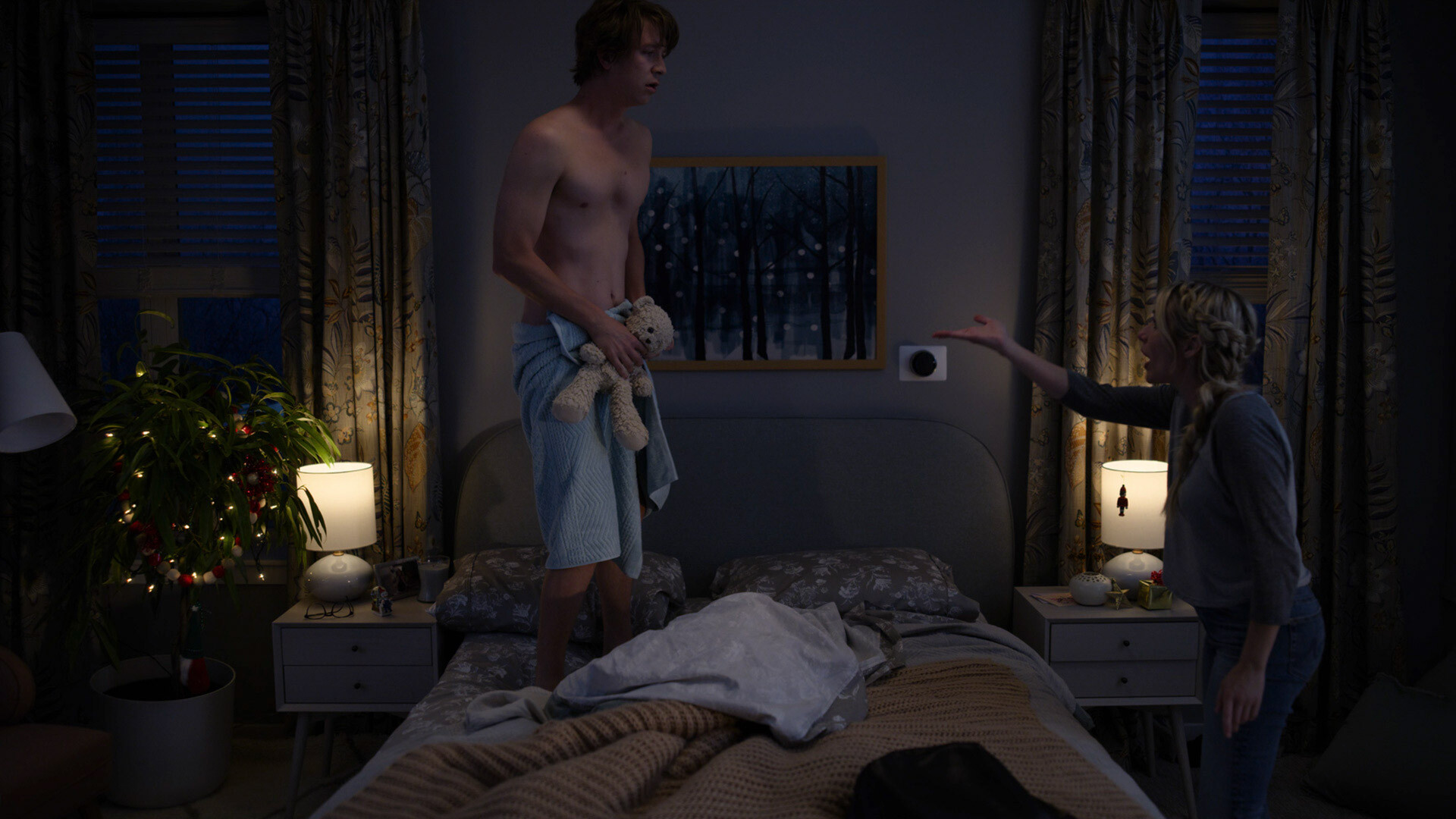
The screenplay for “About Fate” was written by Tiffany Paulsen, who also wrote the Netflix hit “Holidate”, a film in the same romantic comedy tradition and also starring Emma Roberts. In the American marketing of “About Fate”, no mention was made of the Russian origins of the story. In other words, Russians see the release of “About Fate” as a unique event, the first time when Americans remade a Soviet cult classic. However, for Americans, it's just another trite and routine romantic comedy.
Such a result is particularly surprising given that the credits of “About Fate” include a large number of Russian producers. The movie even has a Russian director - the well-known comedy writer Maryus Vaysberg who has long combined work in Russia and the U.S. He is the scion of a cinematic dynasty. His father, Erik Vaysberg, was production manager - or, in modern parlance, executive producer - on Andrei Tarkovsky's “Mirror”.
Dear readers,
Our website and social media accounts are under threat of being restricted or banned, due to the current circumstances. So, to keep up with our latest content, simply do the following:
If using any of Russia Beyond's content, partly or in full, always provide an active hyperlink to the original material.
Subscribe
to our newsletter!
Get the week's best stories straight to your inbox